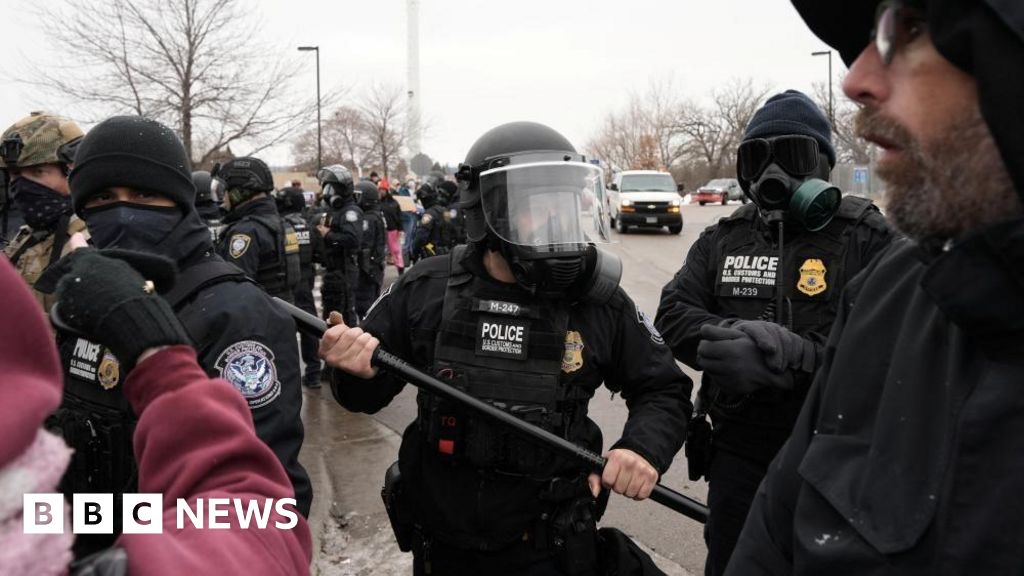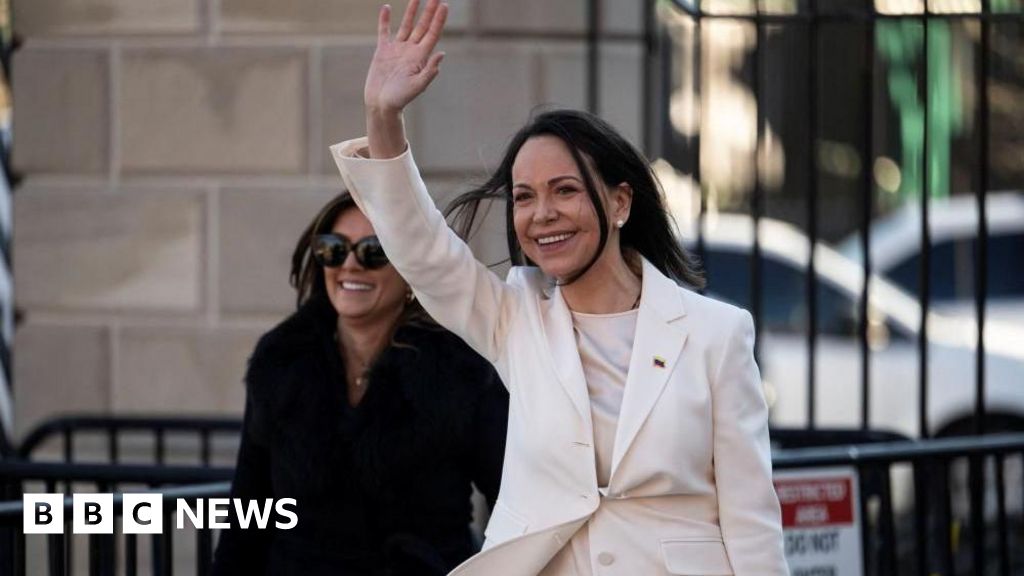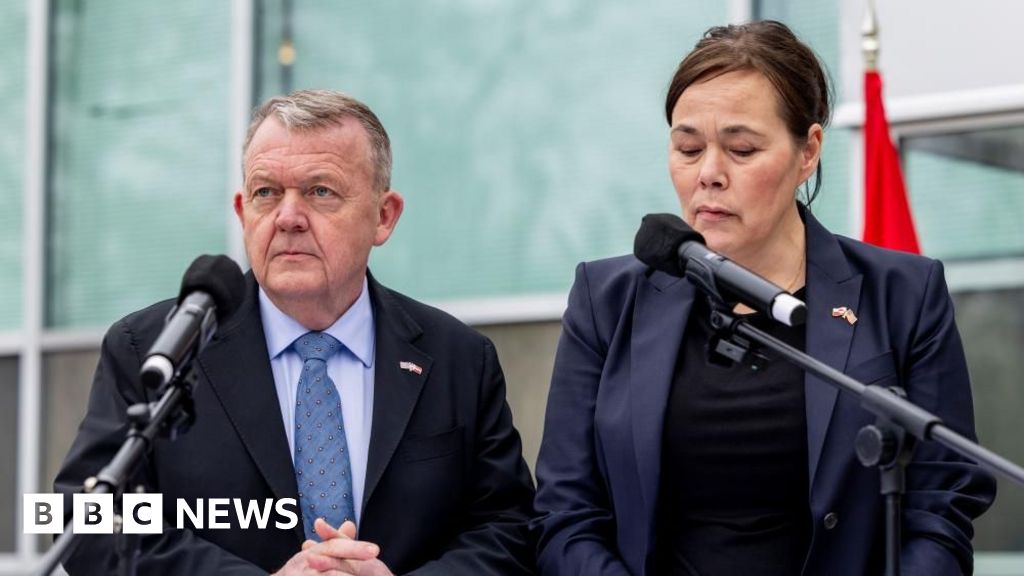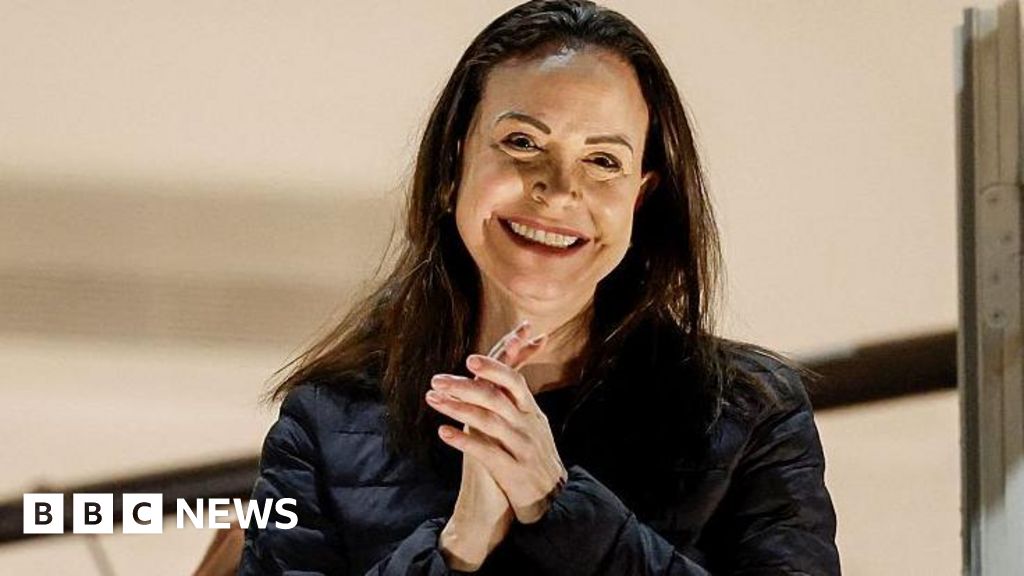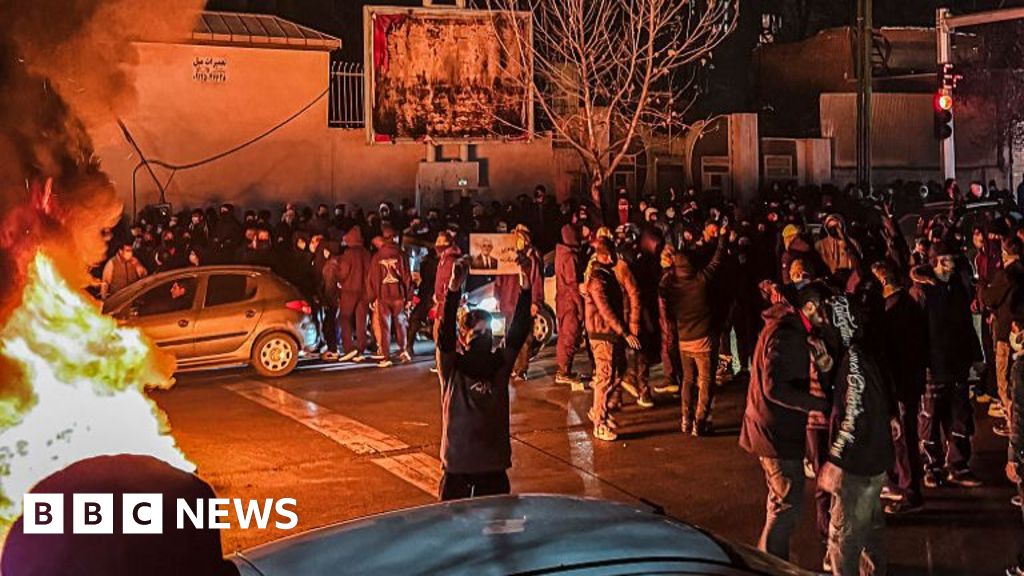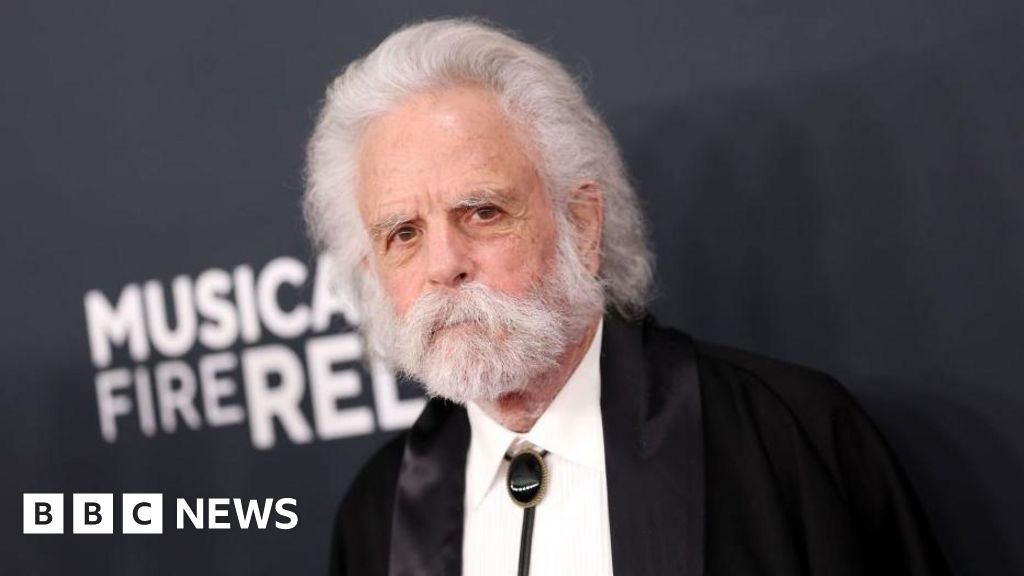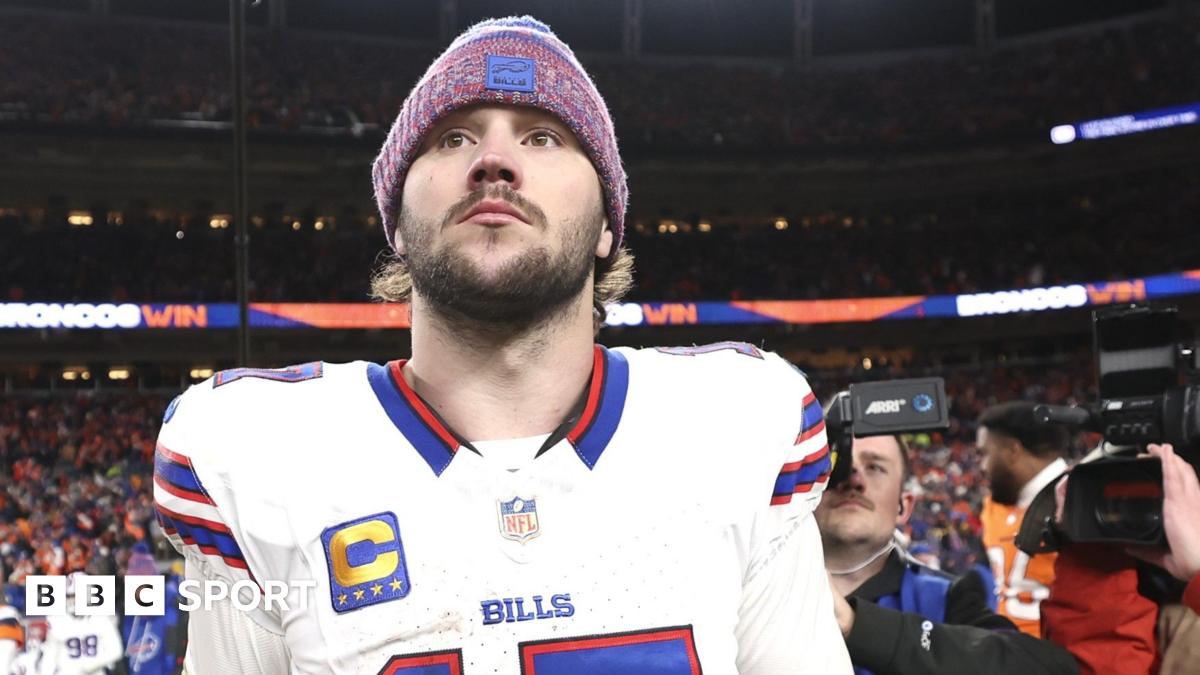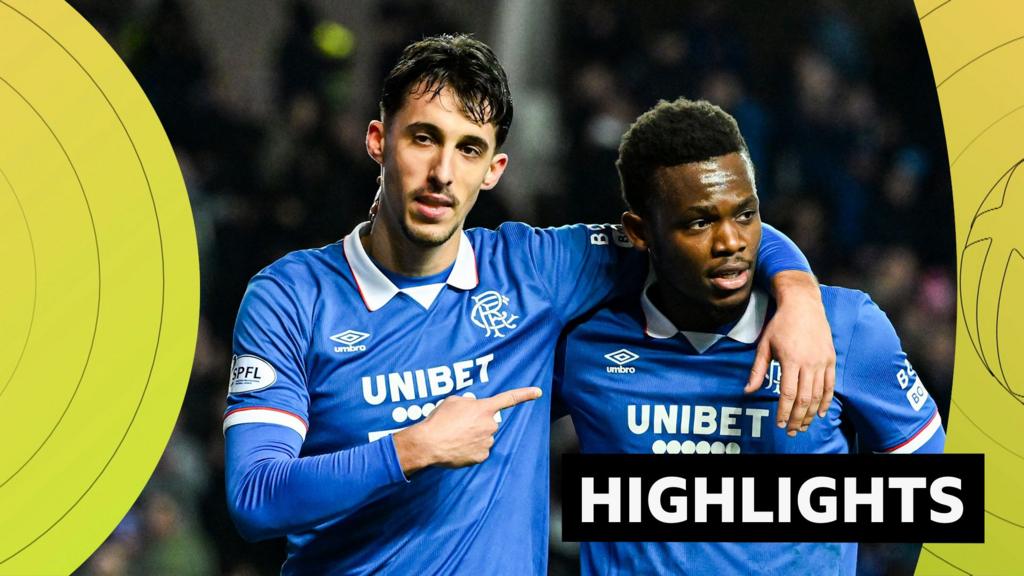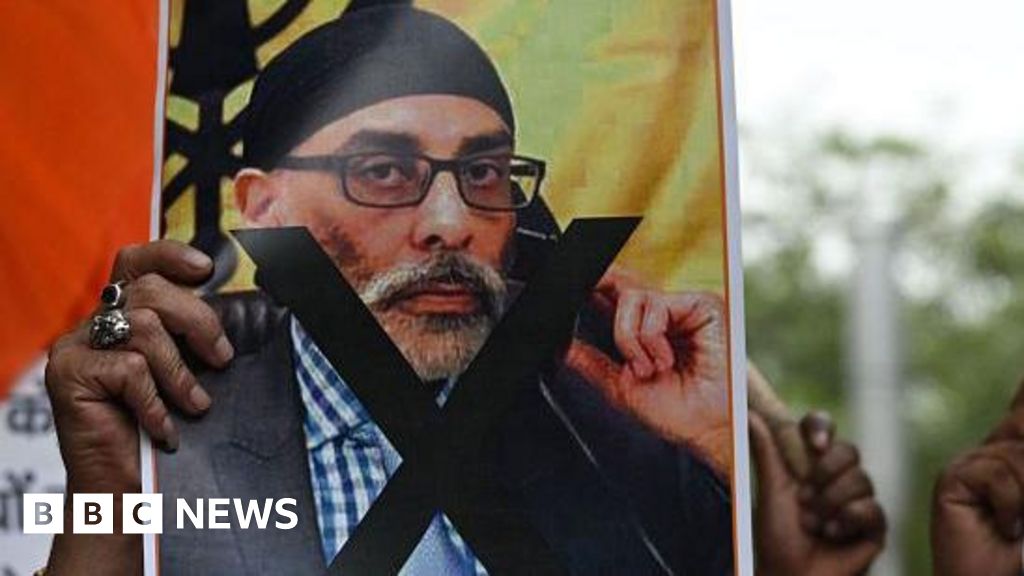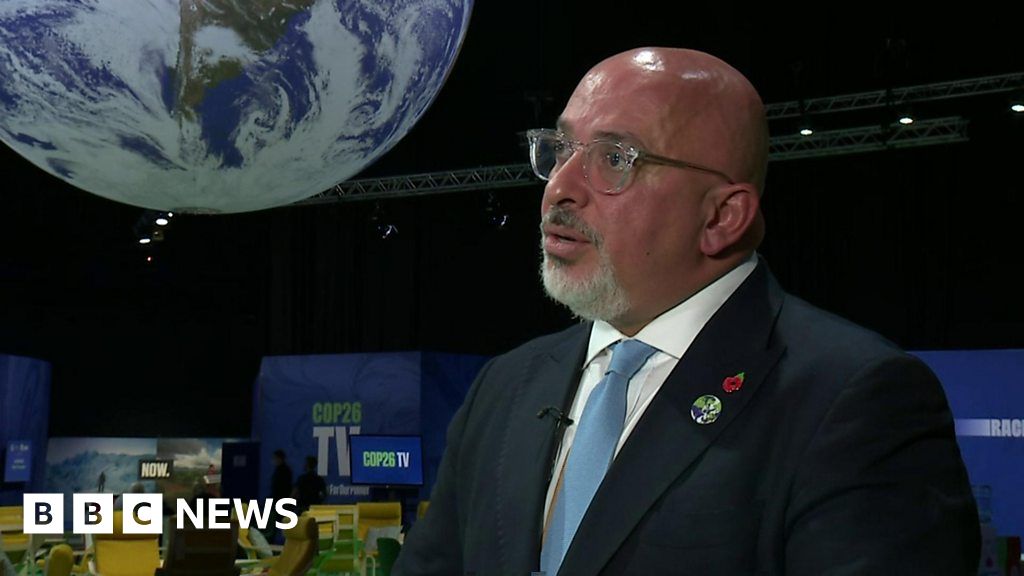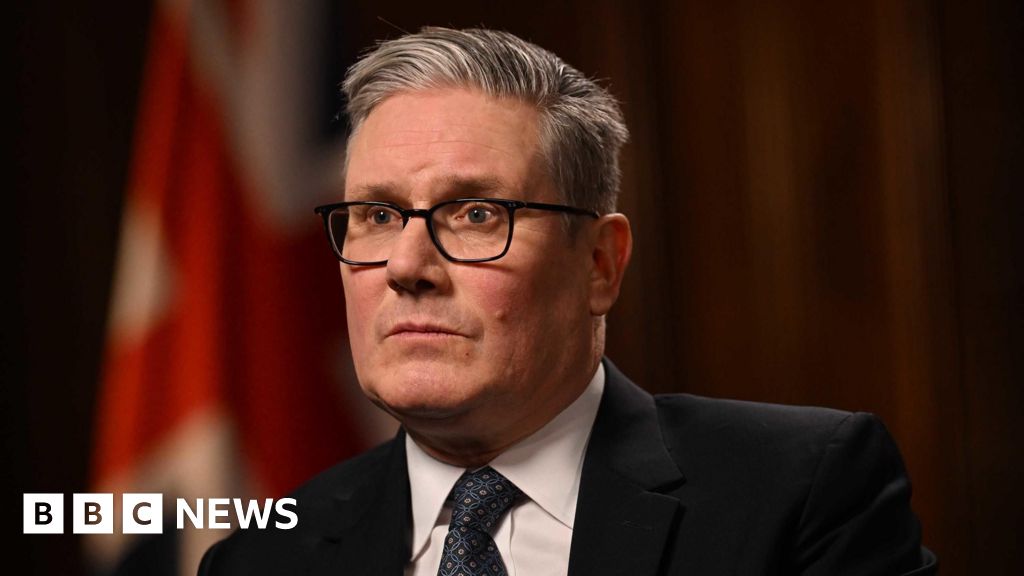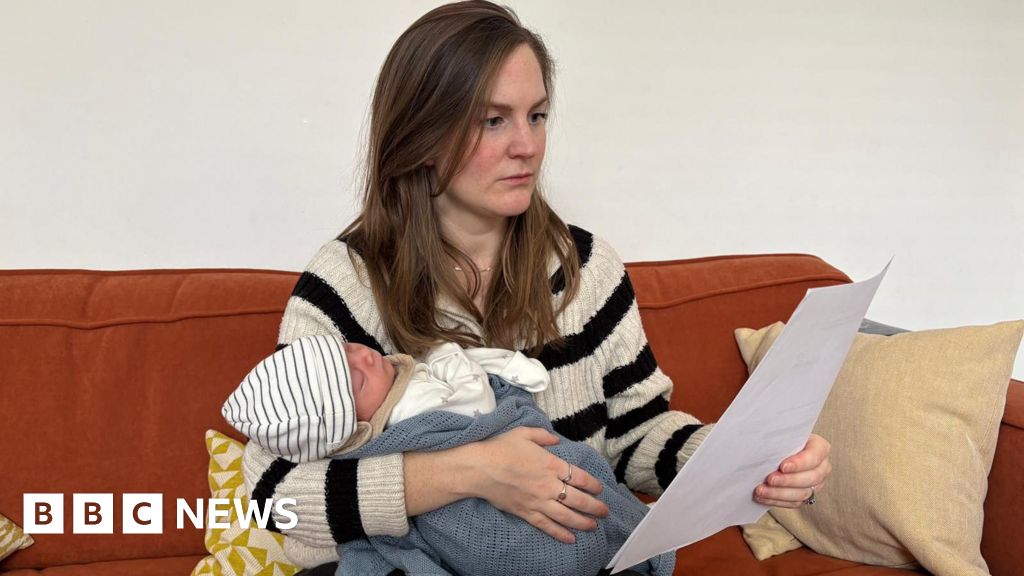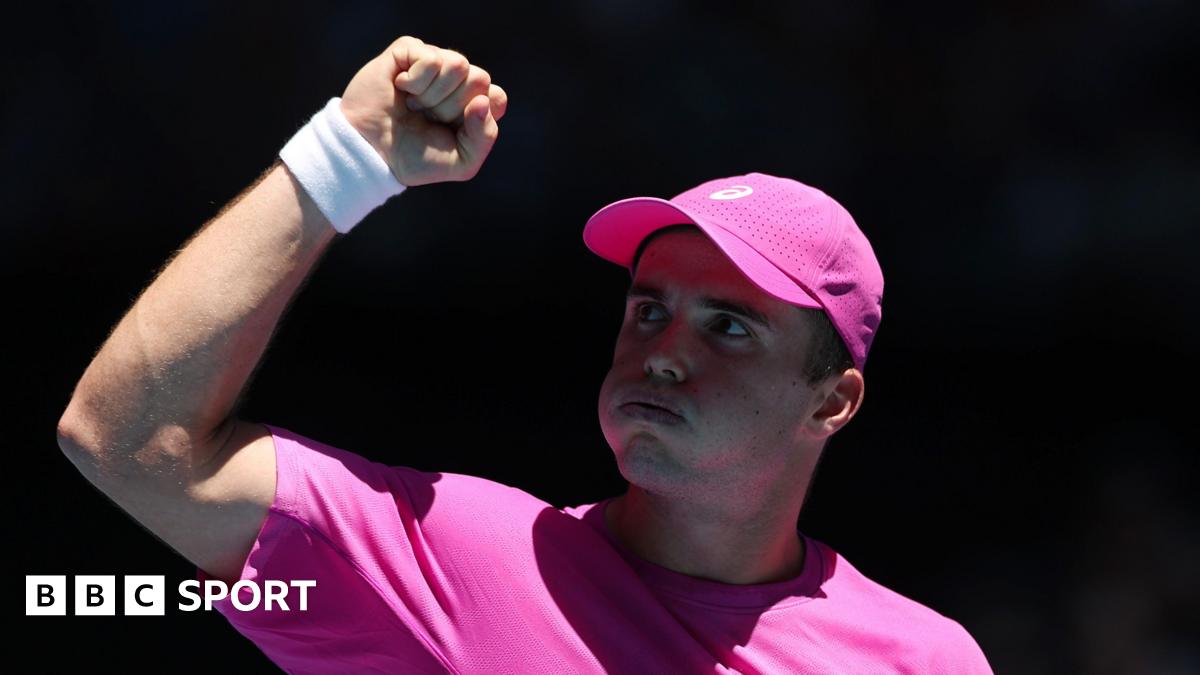The green at the short 15th missed, and a par putt at 16 from 30 inches missed. Successive bogeys leaving the door ajar for a ragged but indomitable Bryson DeChambeau.
And once McIlroy erred again from less than four feet at the last, the charismatic American barged that door off its hinges with one of the greatest up and downs from sand the game has ever seen.
It was extraordinary, titanic, gut wrenching sport, but that will be of no consolation to the forlorn McIlroy.
In boxing you can be knocked out cold, rugby players are routinely battered, footballers clattered and tennis stars made to serve, smash, sprint and slide all night long.
Golf is a stroll, hell, you can have a smoke between shots if you like. But there is no sport quite like it for inflicting the most savage psychological blows.
There is no one else to blame other than yourself when it goes wrong. You made the mistakes, no-one else. It is on you.
And when those calamitous moments come in the same round as some of the best golf of your life – play that has put you on the precipice of such elusive glory and you throw it away, there is nowhere to hide.
Even when you have, as McIlroy did, departed the scene before the champion has received his trophy. The Northern Irishman was airborne, headed for his Florida home, before the triumphant DeChambeau had finished his news conference.
The champion talked and talked and talked, as well he should. But the shattered McIlroy did not speak to waiting reporters as Scott had done in the wake of his dismal Lytham collapse that saw Ernie Els emerge victorious.
Indeed, McIlroy also failed to emulate Jean van de Velde who spoke after famously taking seven at the last at Carnoustie in 1999 when six would have given him the Claret Jug.
Greg Norman talked after coughing up a six-shot lead to Sir Nick Faldo at the 1996 Masters and Dustin Johnson gave a quote after three putting the last to lose the 2015 US Open at Chambers Bay.
“He should have gone to the mic and just cried,” a veteran golf hack told me. “Get it done, get it out there. Everyone would have just had sympathy.”
Regardless, we have sympathy – only the coldest of hearts could not feel for the guy. McIlroy was crushed.
It was the same for Colin Montgomerie, who barged past a New York State Trooper after double bogeying the last at the 2006 US Open. Par would have given the Scot major success at long, long last and for him there was never another chance.
And how on earth does McIlroy recover from this? The calamitous climax to his final round offered proof that, no matter how well he is playing, mentally he is vulnerable at the biggest moments.
There is no shame in that. He puts himself out there, tests himself in the toughest golfing environments. Time and again he does it and he is good enough to repeatedly contend.
This was his sixth successive US Open top-10 and he is now the only man to finish solo second two years running.
It takes courage to put yourself out there, to fight but fail and get back up off the canvas and do it again.

